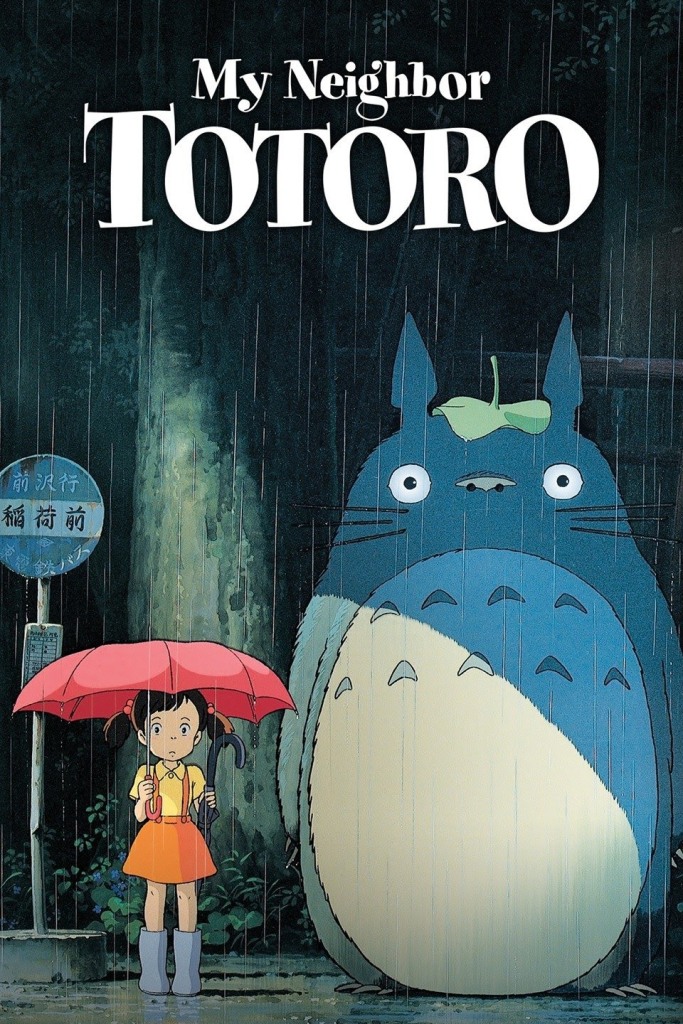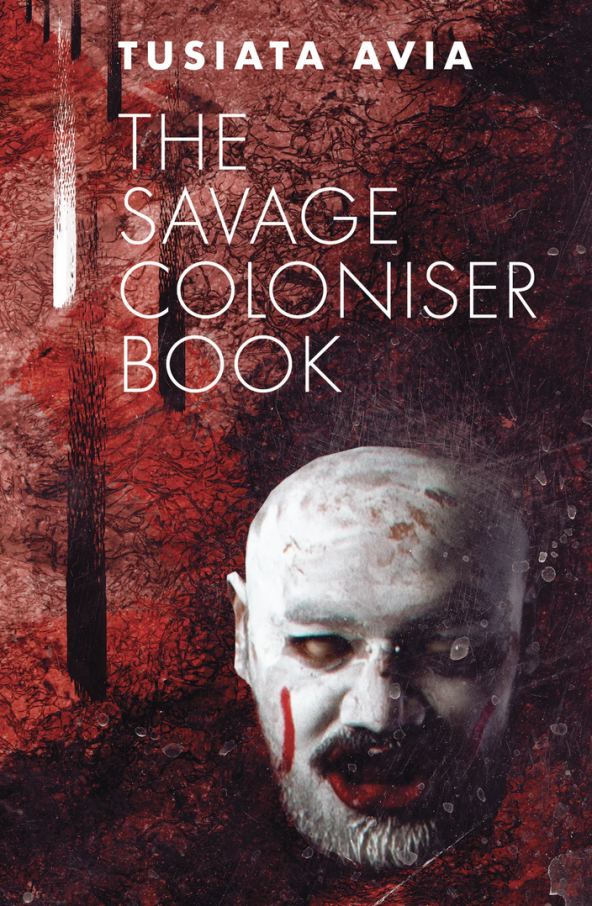Such heartfelt congratulations to Tusiata Avia, a much loved poet who has and who continues to inspire generations of poets. Yes Pasifika poets, yes young women writing, and yes, most importantly, yes us all. Her award-winning book is magnificent. She places herself in these necessary poems: her ravaged heart, her experience, wounds, scars, thinking, feeling, urge to speak out, sing, perform, no matter the price, holding out history, the coloniser, the colonised, Ihumātao, the Australian bush fires, translating for the gutted woman, the abortioned woman, her mother, her daughter, her lovers, but at times she is disabled with epilepsy, her father a presence, and she places a prayer for her daughter, for the stars, water, lungs, and for the reader, here in these poems, she places a prayer. Extraordinary.
Ten things I love
1. A photograph: The photo is of Sepela – exactly 10 years ago, a week after the big earthquake when we escaped to Hinemoana’s who lived in Kapiti then.
2. A poem by someone else: ‘All they want is my money my pussy my blood’ by Morgan Parker (and pretty much anything from her book, There are more beautiful things than Beyonce.
3. A song: ‘Back to Life‘ by Soul II Soul
4. A book: Hurricane Season, Fernando Melchor, trans. Sophie Hughes, New Directions, 2020 (my favourite book of 2020)

5. A movie: My Neighbour Totoro

6. A place: South Sinai coast, Egypt
7. A meal: taro (cooked in the umu) and palusamu
8. A poetic motif: Can’t think of one, but I can think of a form I love – the pantoum.
9. A place to write: Where ever the ‘thing’ is happening (see Five questions below)
10. A poem from my book (Tusiata did a stunning performance of this at the awards PG):
250th anniversary of James Cook’s arrival in New Zealand
Hey James,
yeah, you
in the white wig
in that big Endeavour
sailing the blue, blue water
like a big arsehole
FUCK YOU, BITCH.
James,
I heard someone
shoved a knife
right up
into the gap between
your white ribs
at Kealakekua Bay.
I’m gonna go there
make a big Makahiki luau
cook a white pig
feed it to the dogs
and FUCK YOU UP, BITCH.
Hey James,
it’s us.
These days
we’re driving round
in SUVs
looking for ya
or white men like you
who might be thieves
or rapists
or kidnappers
or murderers
yeah, or any of your descendants
or any of your incarnations
cos, you know
ay, bitch?
We’re gonna FUCK YOU UP.
Tonight, James,
it’s me
Lani, Danielle
and a car full of brown girls
we find you
on the corner
of the Justice Precinct.
You’ve got another woman
in a headlock
and I’ve got my father’s
pig-hunting knife
in my fist
and we’re coming to get you
sailing round
in your Resolution
your Friendship
your Discovery
and your fucking Freelove.
Watch your ribs, James
cos, I’m coming with
Kalaniōpu‘u
Kānekapōlei
Kana‘ina
Keawe‘ōpala
Kūka‘ilimoku
who is a god
and Nua‘a
who is king with a knife.
And then
James,
then
we’re gonna
FUCK.
YOU.
UP.
FOR.
GOOD.
BITCH.
Tusiata Avia
Five questions
Is writing a pain or a joy, a mix of both, or something altogether different for you?
A mix, for sure. Often, I don’t feel like writing – unless I have an experience (internal or out in the world) that I feel the need to write about immediately. At times like that, I feel a sense of urgency, sometimes verging on desperation, to stop whatever I’m doing and write. I have pulled the car over on a busy motorway and searched for a piece of paper to scribble it down . I’m not great at the discipline of writing every day.
Name a poet who has particularly influenced your writing or who supports you.
I don’t read her so much these days, but I love Sharon Olds. She helped me to write more openly – to be honest and vulnerable.
Was your shortlisted collection shaped by particular experiences or feelings?
Colonisation, racism, illness, a bit of Covid – all the relaxing stuff.
Did you make any unexpected discoveries as you wrote?
The whole book was unexpected. I was writing another book called Giving Birth To My Father, which took ages. After a while (quite close to my deadline) I realised it wasn’t ready for the outside world. The Savage Coloniser Book had to come together really quickly, if I wanted it published for 2020. I knew I had a few poems that were very ‘2020’ lying about. I wrote to those poems in a short amount of time.
Do you like to talk about your poems or would you rather let them speak for themselves? Is there one poem where an introduction (say at a poetry reading) would fascinate the audience/ reader? Offer different pathways through the poem?
During poetry readings/ performances I used to think the poem should speak for itself but many poems really need an introduction, particularly when people are not experiencing them on the page.

Tusiata Avia is an acclaimed poet, performer and children’s writer. Her previous poetry collections are Wild Dogs Under My Skirt (2004; also staged as a theatre show, most recently Off-Broadway, winning the 2019 Outstanding Production of the Year), Bloodclot (2009) and the Ockham-shortlisted Fale Aitu | Spirit House (2016). Tusiata has held the Fulbright Pacific Writer’s Fellowship at the University of Hawai‘i in 2005 and the Ursula Bethell Writer in Residence at University of Canterbury in 2010. She was the 2013 recipient of the Janet Frame Literary Trust Award, and in 2020 was appointed a Member of the New Zealand Order of Merit for services to poetry and the arts.
Poetry Shelf review
Selina Tusitala Marsh’s review at ANZL
Poetry Shelf: Tusiata‘s ‘Love in the Time of Primeminiscinda’ (The Savage Coloniser Book)
Tusiata reads ‘Massacre’ (The Savage Coloniser Book)
Leilani Tamu review at KeteBooks
Faith Wilson review at RNZ National
Victoria University Press page




















